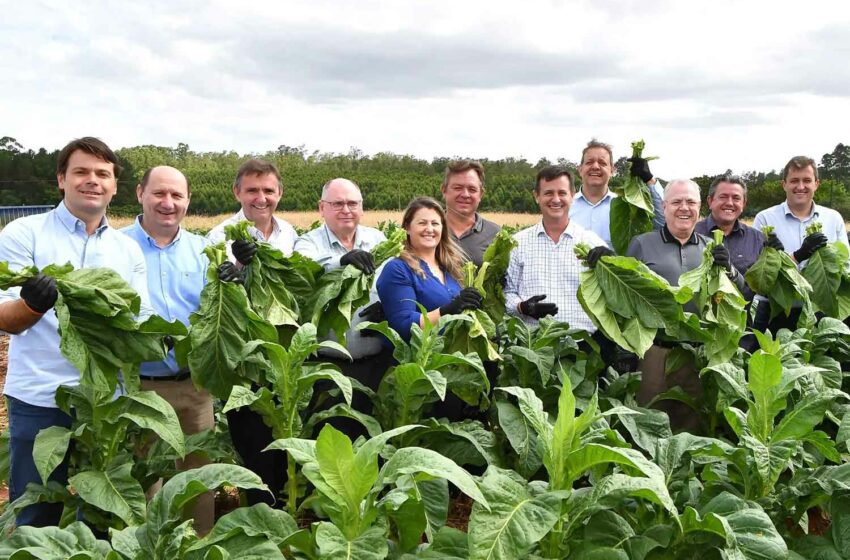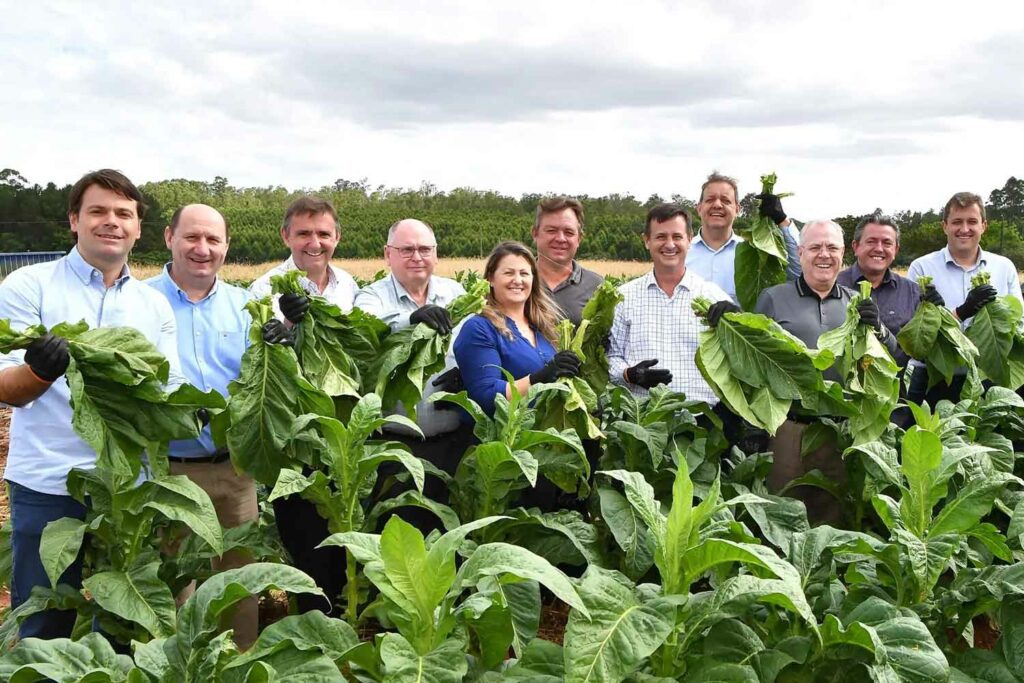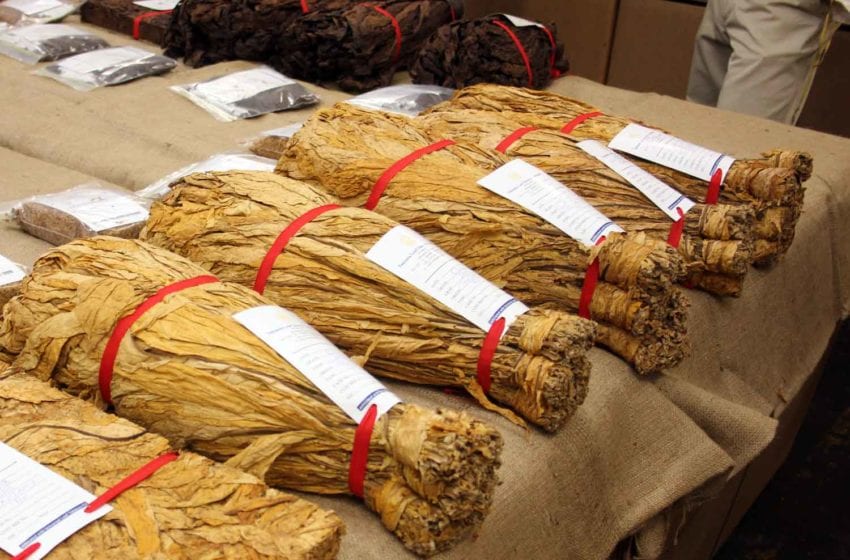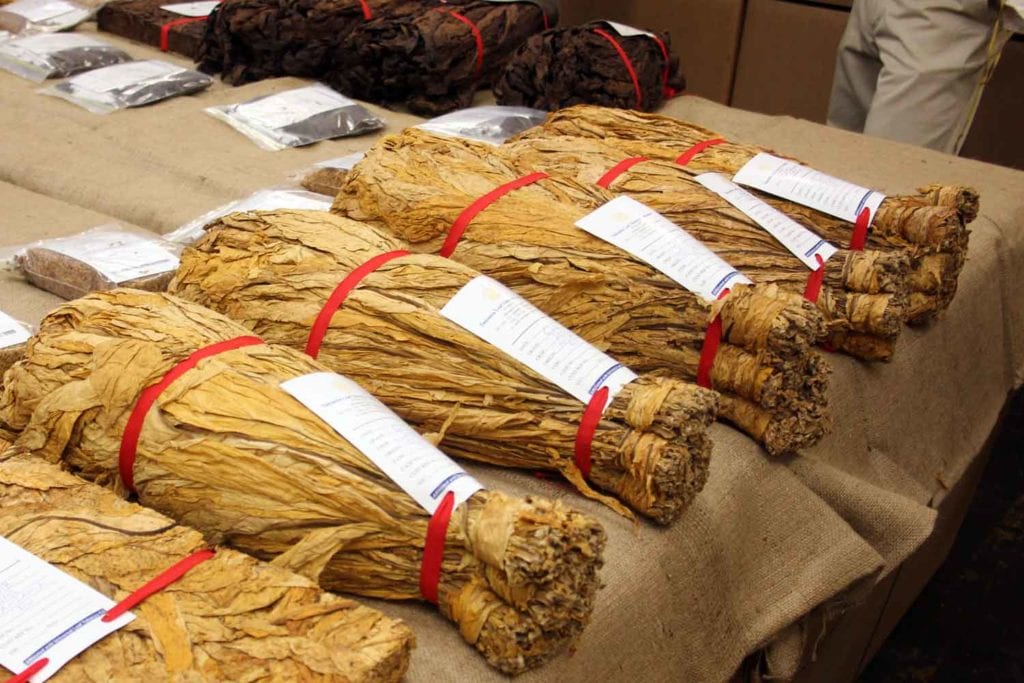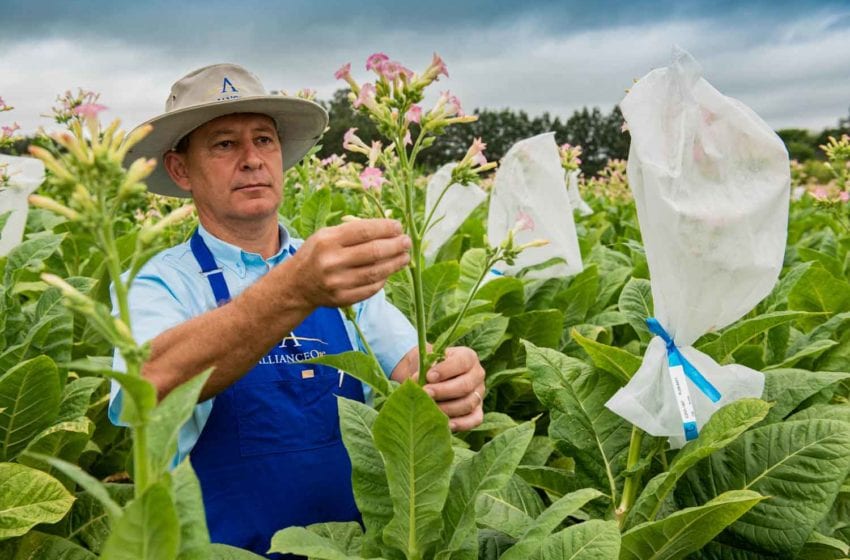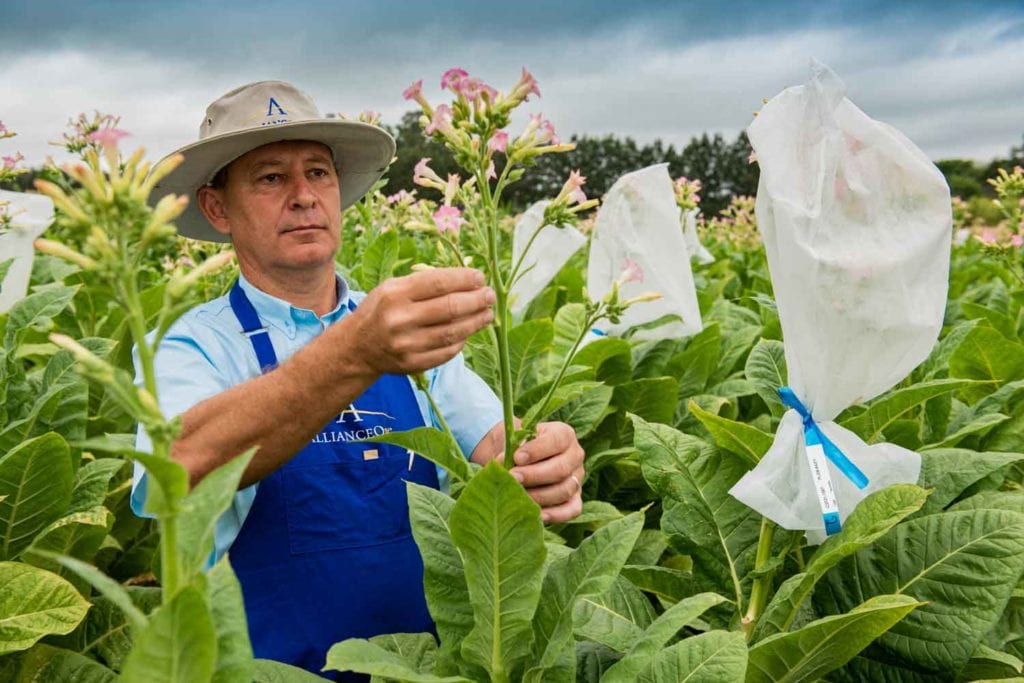 The U.K. Vaping Industry Association’s (UKVIA) annual Industry Forum will take place at the London Marriott Hotel Regents Park on Friday, Nov. 15.
The U.K. Vaping Industry Association’s (UKVIA) annual Industry Forum will take place at the London Marriott Hotel Regents Park on Friday, Nov. 15.
The event will feature a program of timely panel discussions, including “Politics in the Spotlight”; “Closing the Trust Gap”; “Adding Consumers to the Conversation”; and “The Balancing Act,” which will explore the best route to further unlock vaping’s potential to improve harm reduction while also protecting young people.
It will also include a panel discussion titled “Killing the Black Market, Not the Consumers,” which will look at how interventions such as a vape retailer and distributor licensing scheme could put a stop to rogue traders for good and bring about a new age of responsibility and accountability for the sector.
“The industry has long been calling for stronger action against the unscrupulous sellers who flout the law and put young people, consumers and legitimate businesses at risk, and we were delighted to see the inclusion of licensing in the new government’s Tobacco and Vapes Bill,” said UKVIA Director General John Dunne in a statement.
“Earlier this year, the UKVIA was involved in the development of a vape retailer and distributor licensing framework, which would prevent inappropriate businesses—including sweet shops—from ever selling these products, would bring into force stronger penalties for those breaking the rules and would generate upward of £50 million [$63.65 million] per year in self-sustaining funding, which could be used to empower Trading Standards.”
This year’s UKVIA Forum will also feature a keynote on the “new era of enforcement” from Kate Pike, lead officer for vaping with the Chartered Trading Standards Institute, as well as a Q&A with Orla Menzies, the vaping policy lead for HMRC, and—for the first time—an onstage showcase where five companies will discuss how they are adapting their product offerings and leading on innovation across the sector.

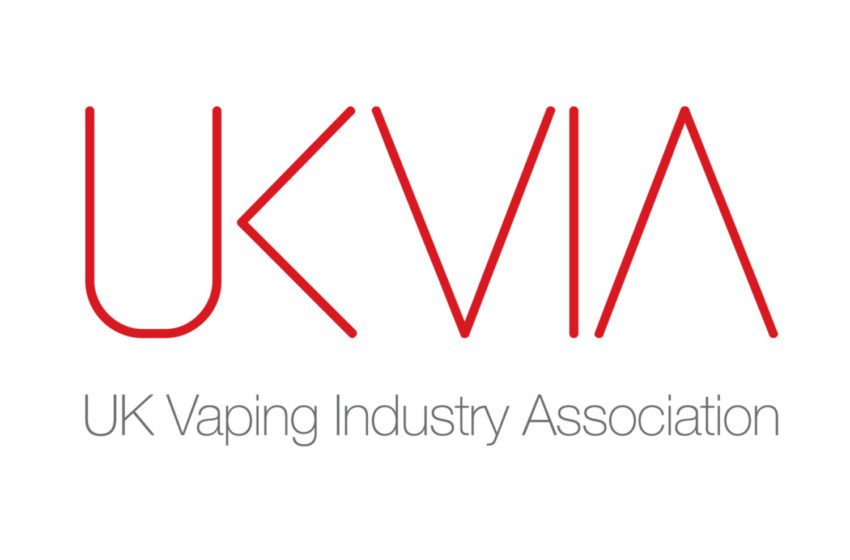



 Quartz Business Events is partnering with the U.S. Premium Cigar Association (PCA) to launch a premium cigar-focused trade show for the international market. The newly created
Quartz Business Events is partnering with the U.S. Premium Cigar Association (PCA) to launch a premium cigar-focused trade show for the international market. The newly created 